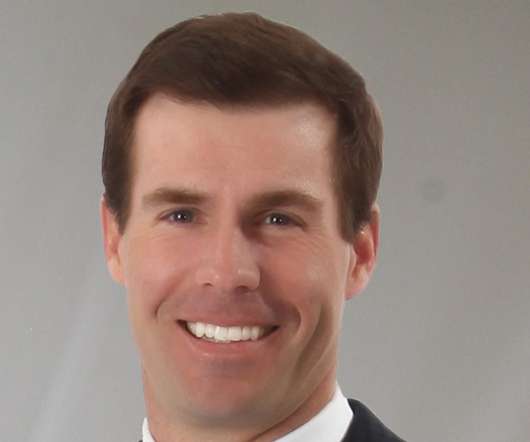Talent Symposium
Workforce Opportunity Services
OCTOBER 29, 2024
2016), Analysis and Design of Information Systems (2007), Applied Ecommerce (2002), and The Art of Analysis (1997) and has published numerous articles and papers relating to service learning for underserved populations, IT organizational integration, mentoring and staff development. as President of the outsourcing division.


















Let's personalize your content